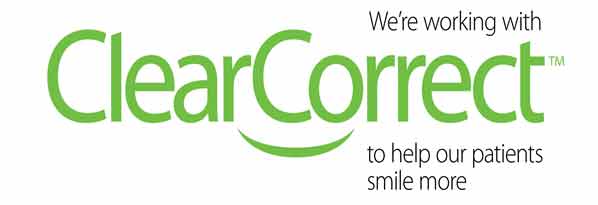In Australia, around 50,000 people suffer a stroke each year. A stroke can damage brain areas that regulate basic functions like walking, talking and thinking. Do you know that there is a relationship between oral health and stroke? Before understanding the connection between these two, you must first learn what a stroke is and who are at the risk of having one.

What is a stroke?
A stroke occurs when a blood clot ceases oxygen from flowing to the brain or when a blood vessel in the brain ruptures. People experiencing stroke will show some signs such as arm weakness, impaired speech or drooping face.
While people of all ages can get a stroke, there are certain groups of people who are at higher risk: people who are above 65 years of age and those who lead poor lifestyle (smoking & drinking) and have diseases such as obesity, diabetes, high cholesterol, high blood pressure, etc.
A recent study shows that patients who had a stroke generally had poor oral health and oral hygiene practices. People are also highly vulnerable to the development of gum disease which is connected to stroke.
How Stroke And Gum Diseases Are Connected?
When excess food stuck between your teeth, plaques can build up, causing bacterial infection. Unluckily, this bacterial infection enters the bloodstream and leads to inflammation, making blood to get clot. Blood clot ultimately leads to stroke.
Maintain Good Oral Health:
People who are impacted by gum disease and stroke should understand the risks and stay on top of good oral health care practices to protect their overall health.
- Brush your teeth at least two times a day
- Floss your teeth at least once a day
- Have regular dental visits at least twice a year
You can also work with dentists of Greenwood Plenty Dental Care who can educate you oral hygiene practices and help you prevent oral diseases and associated health issues. To schedule an appointment with one of our dentists, call our dental clinic in Bundoora at (03) 9466 7843.








